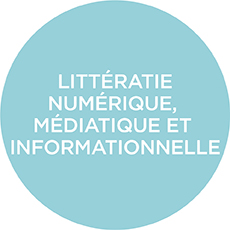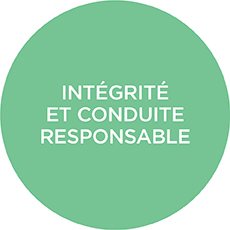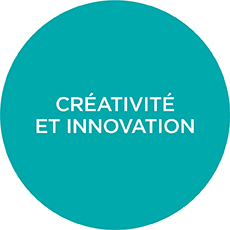Les Saisons des ESP
 Professional development program based on eight transversal skills aimed at facilitating the transition of graduate students to the workplace.
Professional development program based on eight transversal skills aimed at facilitating the transition of graduate students to the workplace.
Please note that these activities are only offered in French at this time.
What ?
Les Saisons des ESP is a professional development program based on eight transversal skills that takes into account the requirements of a variety of careers in academia, private, public or non-profit sectors.
These eight skills are described in the publication: Référentiel des compétences transversales favorisant l'intégration professionnelle des étudiants aux cycles supérieurs.
This reference document for graduate students and postdoctoral fellows lists the professional skills that need to be consolidated in order to support the search for a first job and maintain one's employability. The document also makes it possible to identify how these skills are emphasized in the disciplinary curriculum. It is neither a graduate student's satisfaction survey nor an assessment tool, but rather an integrated list of skills that can serve as the basis for an individualized development plan to be carried out by the graduate or postdoctoral student according to his or her professional project.
The program provides students with tools to make a successful transition from academia to professionnal work; it includes both signed classes (IPR and PLU) and activities presented in various forms: conference, debates, job searching club or others. The program is intended to complement the resources and activities already offered in the faculties and other departments of the institution.
Self-assessment
The self-assessment questionnaire offers various components related to the professional competencies highlighted in the Référentiel and in Les Saisons program. This exercise helps students identify their strengths and weaknesses to try to improve them through appropriate training.
Who ?
Les Saisons des ESP is intended for graduate students registered in a research master's or doctoral program and for postdoctoral fellows. All of these activities are free of charge for full-time students in these programs.
Why ?
The importance of professionnel development
The university model is increasingly outdated and tenure track positions are limited for new generations of PhD students. Hence, a majority of PhD graduates will have to be prepared for the labor market in non-academic sectors. On the other hand, the skills facilitating entry into professional life are not always highlighted or acquired explicitly throughout the disciplinary course of graduate studies. The same goes for postdoctoral fellows. However, being able to rely on professionnal skills in order to be able to argue about one's employability on the labor market is a significant asset in a competitive marketforce.
Workplaces are increasingly demanding with expected levels of efficiency only growing. Whatever the career hoped for, the student enrolled in graduate studies or the postdoctoral fellow must acquire professional skills that go far beyond his sole field of research in order to increase his employability. As early as 2007, a statement of principles published following a workshop bringing together, among others, representatives of the Society for Teaching and Learning in Higher Education (STLHE) and the Canadian Association for Graduate Studies (CAGS), listed nine areas of professional skills to be consolidated: communication and interpersonal relations, critical and creative thinking, personal effectiveness, integrity and ethics, teaching skills, leadership, research management, mobilization and transfer of knowledge, social and civic responsabilities. Since then, several institutions and organizations have set up training or support programs for graduate students or young researchers in the process of entering the job market. The reference framework for researcher development proposed by the British organization Vitae or Mygradskills program designed by a consortium of Ontario universities are two examples of good practices among many others. Each, in their own way, confirms the importance of providing graduate students with good tools to help them plan and manage their own professional development. Such resources are particularly relevant in the current context of employability of doctoral students in Canada.







